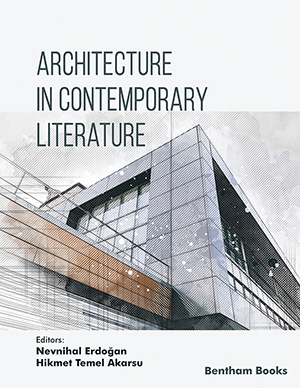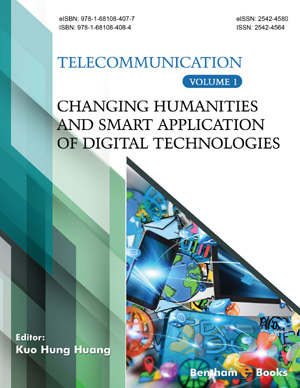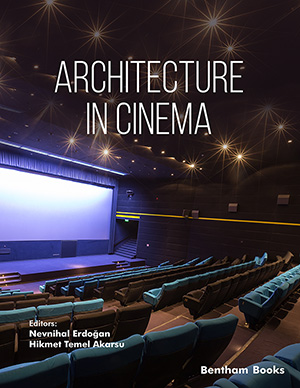Abstract
In 'The Lost Generation,' Hikmet Temel Akarsu's four-volume novel series,
the first book, ‘The Age of the Ordinary’, discusses human situations, which include
alienation, selfishness, loss of value, despair, and aimlessness of the individual in the
age of neo-liberalism through architecture, the city, urban sprawl, rent economy, and
architectural ethics. Zeytinburnu is the primary focus of the novel. The intense
immigration and the increase in its population forced it to become a district of Istanbul.
The main factor behind this intense immigration is that it is located in a good area for
job opportunities. Migration from the rural to the city has been continuing for decades.
It is a necessity to meet the accommodation needs of immigrants. The masses that came
via migration could not build their temporary homes in the central areas. Zeytinburnu
has been very convenient and has become an attractive district regarding employment
opportunities due to a large number of leather factories and textile workshops. The
author specifically touched upon the coexistence of various ethnic groups in the book.
The author conveyed the conflict between the individual and the society, the decay of
the system, and the transformation of the cities in the painful development processes in
Turkey between the years 1968-1990 through his identity as an architect. He explained
the changes in political mobilization, social polarization, and the effects of
marginalization by presenting some sections of life, producing a realistic and critical
novel on architectural ethics.
He explained the drawbacks of the criteria of value given to people today, where the
distorted characters created by the relationship between money and culture lead
humanity, and the devastating results of the unavoidable growth of this understanding,
and gave an example of a successful drama. In this aspect, “The Age of The Ordinary”
is worth examining as a unique novel in architectural ethics.
Keywords: Architecture in Literature, Chartered private technical office, Ethics, Expropriation, Ethnic groups, Istanbul, Migration, Neo-liberalism, Rent economy, Slums, The Lost Generation, The Age of the Ordinary, Urban sprawl, Urban poverty, Zeytinburnu, Zoning amnesty.








